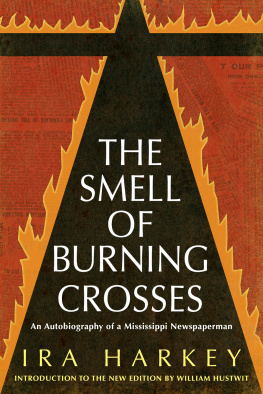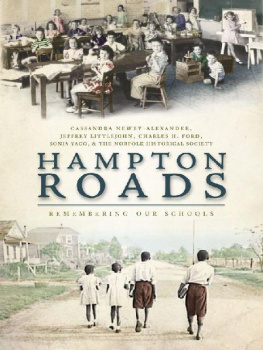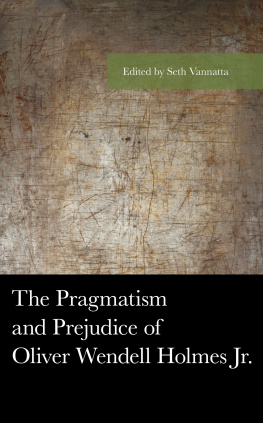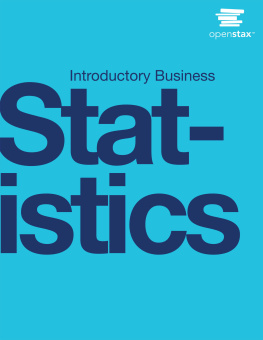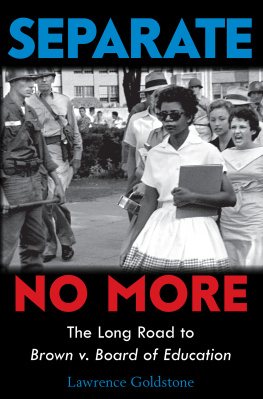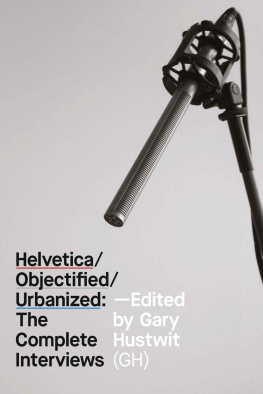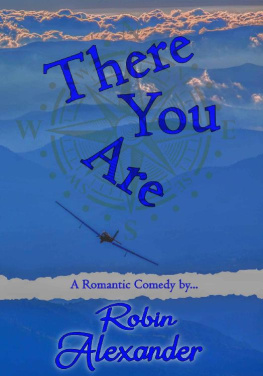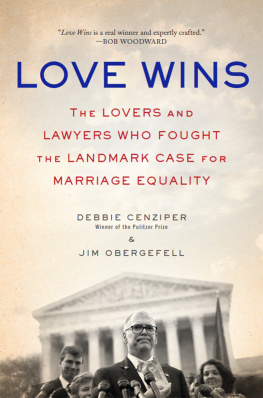2019 The University of North Carolina Press
All rights reserved
Designed by April Leidig
Set in Arno by Copperline Book Services, Inc.
Manufactured in the United States of America
The University of North Carolina Press has been a member of the Green Press Initiative since 2003.
Jacket illustration: gavel icon iStockphoto.com/palau83; close-up of blank blackboard iStockphoto.com/triloks.
Library of Congress Cataloging-in-Publication Data
Names: Hustwit, William P., author.
Title: Integration now : Alexander v. Holmes and the end of Jim Crow education / William P. Hustwit.
Description: Chapel Hill : University of North Carolina Press, [2019] | Includes bibliographical references and index.
Identifiers: LCCN 2018038927 | ISBN 9781469648552 (cloth : alk. paper) | ISBN 9781469648569 (ebook)
Subjects: LCSH: Alexander, BeatriceTrials, litigation, etc. | Holmes County (Miss.). Board of EducationTrials, litigation, etc. | School integrationMississippiHolmes CountyHistory20th century. | School integrationLaw and legislationUnited StatesHistory20th century. | African AmericansCivil rightsUnited StatesHistory20th century. Classification: LCC LC214.22.M7 H87 2019 | DDC 379.2/6309762625dc23
LC record available at https://lccn.loc.gov/2018038927
ACKNOWLEDGMENTS
Scholarly work requires the contributions of many people. At Birmingham-Southern College, several individuals provided help and encouragement. First, thanks to my friends at BSC, particularly in the history department. From the beginning, Mark Lester, Matthew Levey, Randy Law, Victoria Ott, and Mark Schantz had confidence in the project. Every professor should be fortunate to work alongside such wonderful colleagues who, in spite of their life sentences to the salt mines of academe, remain committed to the insane asylum of higher education. I can always count on fellow inmates Bill Myers, Fred Ashe, Steve Hendley, Barbara Domcekova, Jody Stitt, Melinda Thompson, and Lucas Johnson. Dave Ullrich is a brilliant Fitzgerald scholar, an inspirational teacher, a gifted artist, and a dear friend. Deb Smith, the fearless Girl Friday of humanities and the other pea in my pod, makes each day better on the Hilltop. Pam Venz did her best to make me look presentable for the book jacket. I would also like to thank BSC for its financial support, including a January sabbatical and, at the behest of Sandra Sprayberry, supplemental funding for copyright permissions covered by Provost Brad Caskey.
From the start, I intended to write a historical narrative that would appeal to a wide audience and be true to primary sources. Librarians and archivists are vital to historical research, and several across the country assisted me. At BSC, Pam Sawallis, Janice Poplau, and Nancy Colyar diligently retrieved materials. In Oxford, Mississippi, Jennifer Fords and Leigh McWhites staffs at the University of Mississippis archives gathered manuscript collections and photographs on short notice. In Jackson, the Mississippi Department of Archives and History staff found obscure newspaper microfilm and television segments. In Washington, D.C., the National Archives and Library of Congress extended every professional courtesy. Though not an archivist or a librarian, Stephen Black, grandson of Hugo Black, granted access to the justices papers at the Library of Congress.
A number of Birmingham-Southerners and people elsewhere gave good counsel and improved the manuscript. Mark Schantz, a recovering provost, read drafts of the manuscript and didnt think twice (its all right) about its merits. My friend Mark Lester educated me on legal terms and matters. Guy Hubbs pried himself loose from Crimson Tide football to comment on early versions of the manuscript. I am especially grateful to Guy and his wife, Pat, for the generous use of their beautiful cottage near Sewanee, Tennessee, to hammer out most of the book. My students deserve thanks as well, notably the happy few who survived my historical methodology and intensive-writing seminar. When the hunter became the hunted, they chomped at the bit to spill red ink on their taskmasters pages. Outside the academy, Ken Rutherford, an Oxford attorney, put me in contact with several Mississippi lawyers. Dr. Sylvia Reedy Gist reviewed individual chapters, arranged interviews for me, and imparted her intimate knowledge of Holmes Countys race relations and school system. Mel Leventhal took time from his own work to critique the manuscript and saved me from dozens of errors. Sue Lorenzi Sojourner provided invaluable insights into the Holmes County movement and vignettes of several local activists. Bob Corley answered questions related to the legacy of school desegregation. Additionally, I benefited enormously from the prudent revisions suggested by Alan Draper, John Charles Boger, and the anonymous referee at the University of North Carolina Press. Among the presss indefatigable staff, Anna Faison, Cate Hodorowicz, Dino Battista, Dylan White, Jay Mazzocchi, and Julie Bush spurred on the publishing process. Chuck Grench has again proved to be a superb editor and has made working with UNC Press an enjoyable and rewarding experience. None of the aforementioned bear responsibility for any mistakes, sins of omission, and annoying or dissatisfying arguments in this book, but I am more than happy to share the credit with them.
I would never have known to study Alexander v. Holmes had it not been for Charles Eagles. Charles represents the history profession at its very best. Since graduate school, he has challenged me to write simply, think clearly, and take seriously the perspectives of both civil rights activists and their segregationist counterparts. I could not have asked for a better adviser and role model as a historian. If I can excuse Charles for crushing my puppies along the road, maybe he can forgive me for dedicating the book to him. I am also grateful to his wife, Brenda, for her support, friendship, criticisms, recipes, and copyediting.
My family and friends, in their own ways, also inspired this project. Mum and Dad, thank you. They say it takes a village to raise a child, but it really takes a family. Holls, our bond is special. Ronnie and Heather, no matter where you roam, I love you both. To Liam, my favorite nephew, and Molly, the newest member of the Hustwit family circus, your uncle has good news: after a parboiling debate, we decided not to return you to the gypsies, unless, of course, you turn into Stalinist teenagers, in which case all bets are off.



